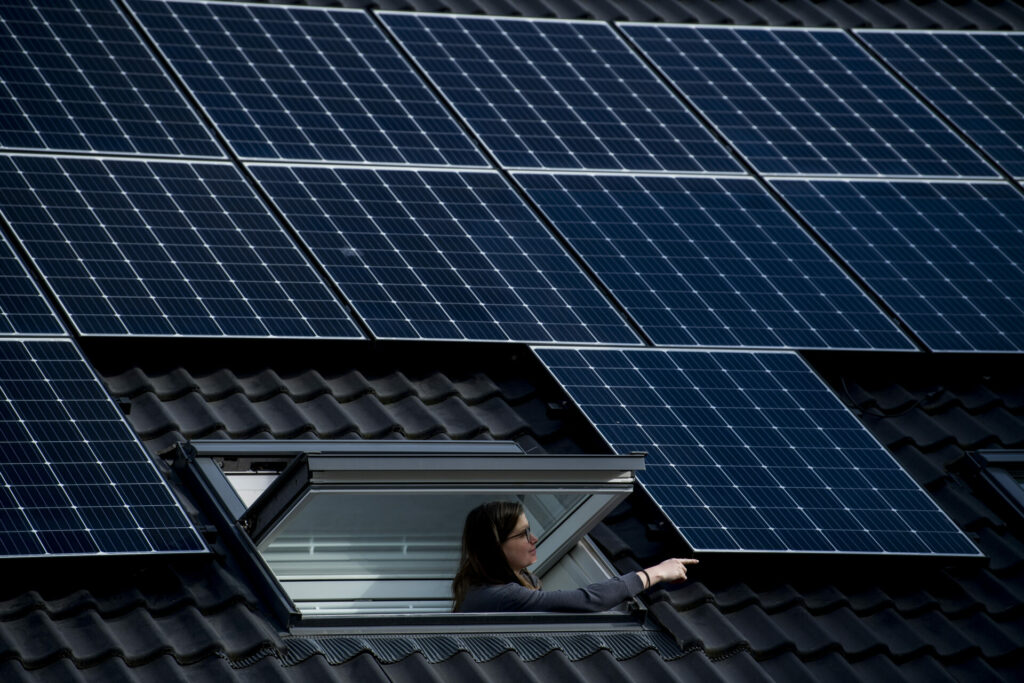Are you thinking of installing solar panels on your property? It's a decision that many homeowners are considering, though are often hesitant due to cost, local regulations, or simply uncertainty about a new technology.
To address the question, Swiss researchers have carried out a study on the notion of "spatial proximity", which gauges the effect that neighbours have on each other's home improvement choices. It sheds light on how living near someone who has invested in renewable energy can be a compelling motivator for others to do the same.
The decision to equip your home with photovoltaic panels constitutes an effort to reduce energy bills by generating your electricity. In Belgium popularity is spreading, as well as many other European countries. This is hardly surprising given the energy crisis that gripped Europe toward the end of 2021, resulting in alarming electricity and gas prices.
Spatial proximity, it turns out, plays a pivotal role in promoting the exchange of information. Moreover, the driving force behind people embracing energy self-consumption goes beyond mere economic factors or ecological convictions.
According to the survey, if your neighbour or someone you frequently interact with has taken the plunge into renewable energy, you yourself are more likely to do the same. Based on 1125 individuals residing in Nyon and Jura-Nord Vaudois, researchers have concluded that the "direct neighbourhood" effect significantly boosts information exchange and substantially increases the likelihood of someone installing solar panels on their home's roof.
Related News
- Belgium in Brief: Why does electricity cost so much?
- Belgian family business pioneers new bricks that absorb CO2
- Ixelles sets up first energy sharing community
However, the study also reveals that factors such as a common language and residing in urban areas can also influence this decision. "These findings suggest that professional experts and neighbours serve as crucial reference points in the decision-making process of investing in photovoltaics. Furthermore, regional networks are vital in disseminating information about renewable technologies."
While certain aspects of this phenomenon are specific to Switzerland (such as linguistic and cultural boundaries within cantons), exploring these dynamics in other cities and countries will provide valuable insights into best methods to embrace renewables worldwide.

